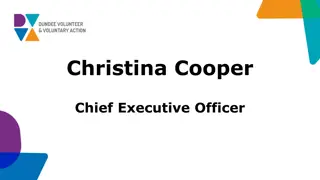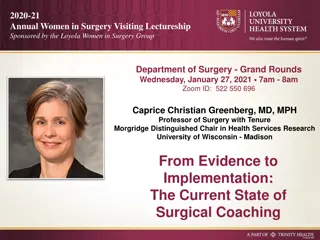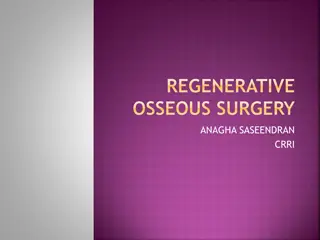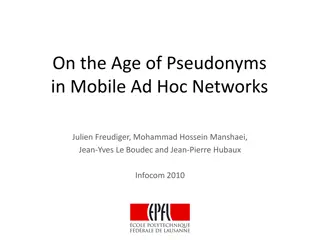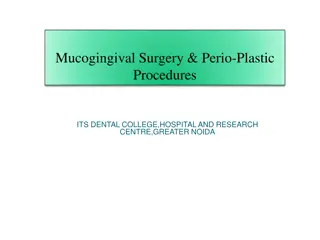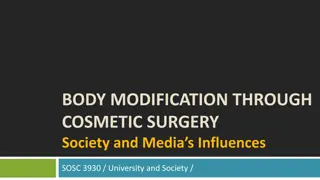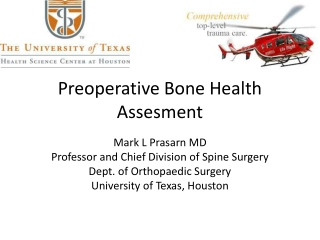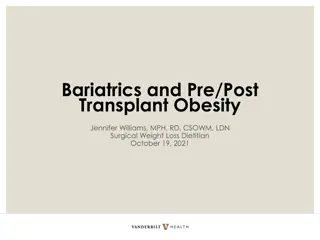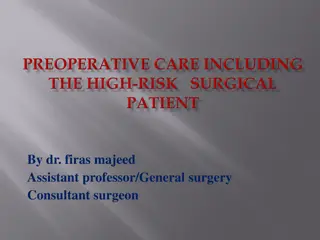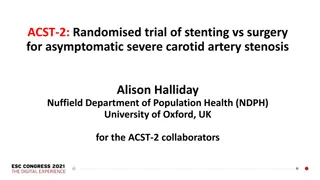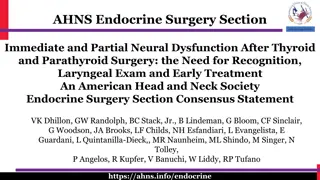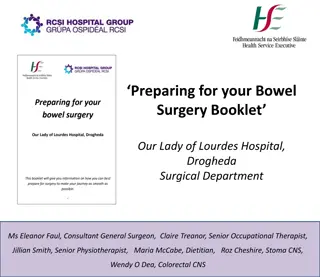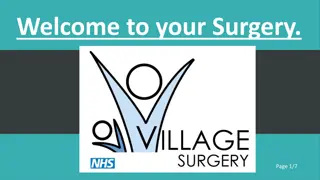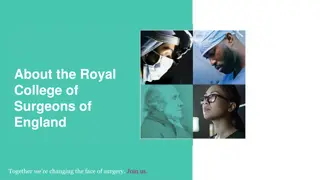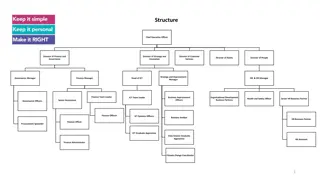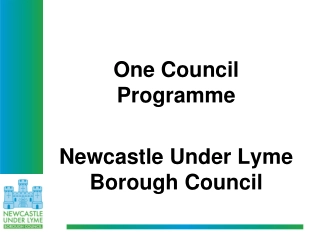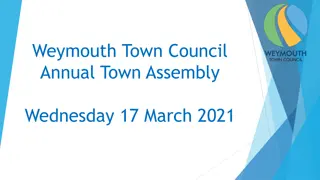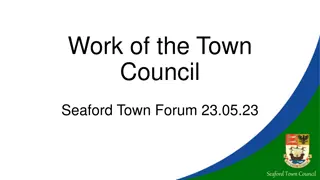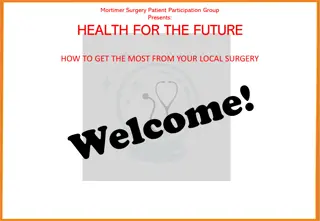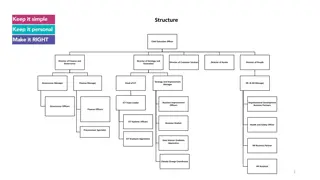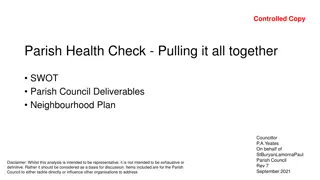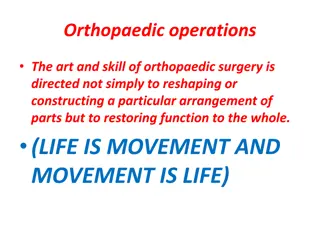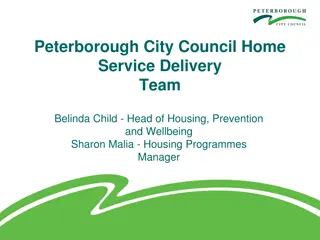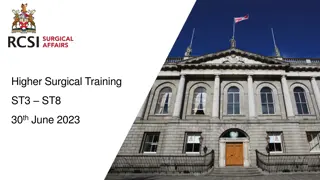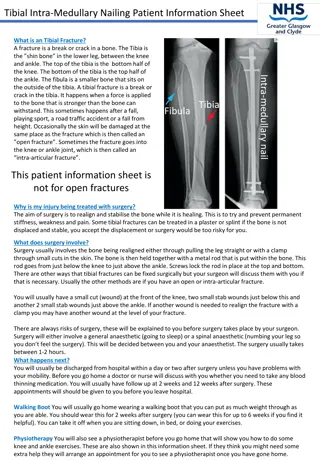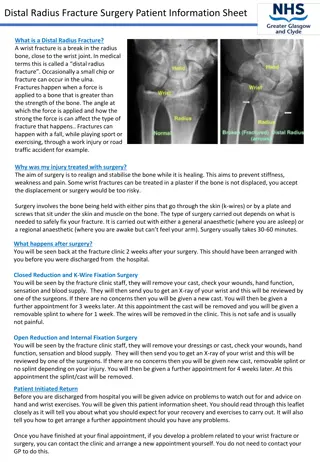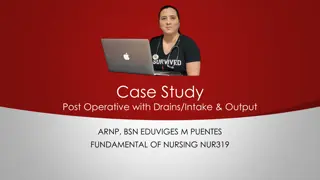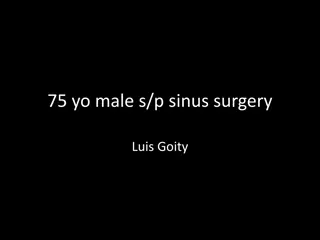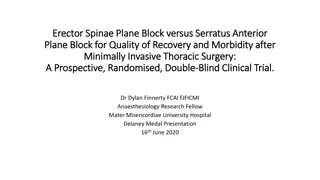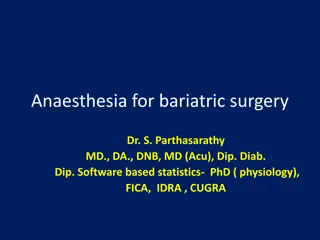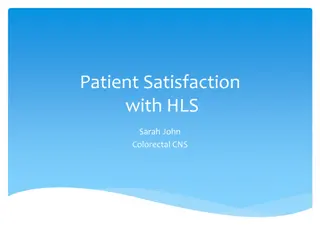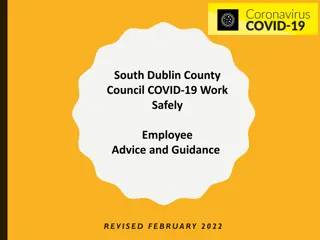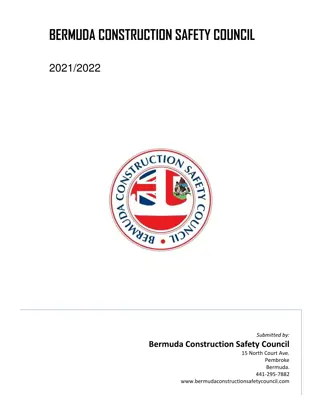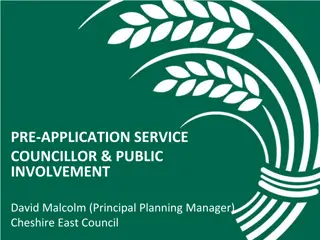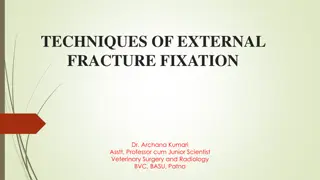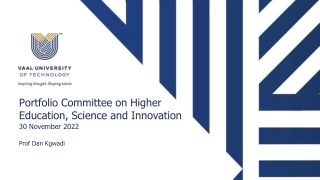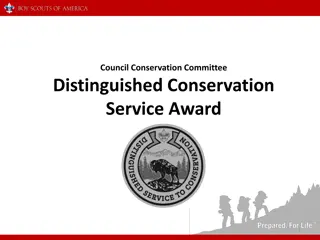Enhancing Dundee Council Advice Services through GP Surgery Co-location Model
Redesigning council advice services in Dundee involves co-locating welfare rights officers within various GP surgeries to provide comprehensive support. Key elements include dedicated officers in each practice, access to medical records, and collaboration with additional services. The project setup involves engaging interested practices, establishing strong relationships, and delivering data-driven outcomes. Flexibility, continuous evaluation, and effective communication are essential for success.
Uploaded on Sep 17, 2024 | 0 Views
Download Presentation

Please find below an Image/Link to download the presentation.
The content on the website is provided AS IS for your information and personal use only. It may not be sold, licensed, or shared on other websites without obtaining consent from the author. Download presentation by click this link. If you encounter any issues during the download, it is possible that the publisher has removed the file from their server.
E N D
Presentation Transcript
Redesigning council advice services in Dundee GP Surgery Co-location model Keith Grubb, Welfare Rights Team, Council Advice Services
Key elements of the Dundee Model Co-located 1 day per week within Taybank surgery from January 2015 Lochee Surgery from June 2015 Family Medical Group from April 2016 Whitfield Surgery from November 2016 (Brooksbank Centre and Services) Erskine Practice from January 2018 Mill Practice from February 2018 Maryfield Practice from April 2018 Dedicated named welfare rights officer in each practice Access to the practice bookings systems Access to client medical evidence with express client permission. Confidential interviewing facilities for each session Aim is to blend in and become part of the practice team. Direct links into Macmillan Service, Fuel Poverty Service (DEEAP), home visiting service, budgeting and employability services.
Setting up the project Engage with interested practices Initial meeting with GPs and Practice Manager Explore working practices, norms and behaviours Use GP language Agree practice specific referral process Work within/compliment existing practice processes Develop feedback mechanism Important characteristics GPs and practices which are willing to test boundaries of tradtional GP services Involvement of practice managers, staff and GPs from the outset of the work Strong relationships between advice worker and practice staff Shared understanding of the scope, purpose and aims of the work Required resources Private room Long term commitment Access to medical records Buy-in of practice staff Opportunity to engage with GPs and practice staff regularly Access to telephone Attend practice meetings Genuine Co-location The advice worker Must be experienced and able to work across a range of advice areas Strong inter-personal skills and able to build relationships Resilient, strong-minded and proactive Not afraid to engage with GPs Provided with on-going 121 support from management regarding experiences and challenges Data Delivery With partners, decide what data is important Outcome data and the experiences of people accessing the service are equally important Don t under-estimate the human impact of the project Review the captured data regularly and use to identify possible improvements to the service Triage and/or appointment based Service will develop over time Be flexible in implementation Regularly evaluate through analysis of emergent data Engage with all parties involved in the project to understand their experiences - make changes accordingly Share model with trusted local partners (Brooksbank & CAB)
Links to current work This initiative links squarely with 3 of the Health and Social Care Partnership s eight strategic priorities and shifts Health inequalities Shifting resources to invest in health inequalities Early intervention/Prevention Investing in or redirecting existing resources to scale up well evidenced, early intervention and prevention approaches Models of support/Pathways of Care Although a specialist service, this is a remodelling of an existing services designed to improve capacity and access to advice and financial referral paths within primary care Fairness commission recommendations Reduction of stigma for patients accessing advice via their GP surgery Easier access to benefits advice and support
Outputs, results and outcomes to date Over 2.7 million in financial gains for patients so far and rising Embedded within 7 practices Earlier intervention before things go wrong for patients Better outcomes for patients benefit claims/appeals Takes burden of socioeconomic concerns away from health professionals and helps to alleviate primary care workloads. Increasing use of the service by health professionals in the practices. Between 70% of appointments kept with advisers 698 separate appointments made within the practices Faster response times from DWP around ESA and PIP claims. Social Return on Investment report stated that there was 38 in social and economic benefits generated for patients, advisers, medical staff and funders for every 1 spent COSLA award winning project (November 2017)
Stakeholder quotes "[Welfare Rights Officer] has permission to go into my records without disturbing the doctor. It's not taking up a valuable appointment that somebody else could take up." (Client) "It's taken the pressure off the GP. Welfare rights has taken off. The patients are interested. There's no negative issues, not one complaint." (GP Practice Manager) Lochee has one of the most deprived practice populations in Tayside and Scotland. There is a disproportionately high level of mental health problems with low literacy levels. Many patients are categorised as vulnerable children and adults and single parents. The list includes many children in full time education who look after parents or other relatives. Accessing help with claims for appropriate benefits and empowering patients who are otherwise disenfranchised by illiteracy, social phobia, panic, anxiety, depression and addiction is a valuable and time saving resource for practices such as ours. Not only does this help patients identify medical problems which attract appropriate benefits, it helps them live less wretched lives, and also helps GPs in formulating a more effective management plan for their problem which is consequently less likely to be scuppered by financial concerns. I would like to develop better communication with our welfare rights workers to engender a more coordinated MDT management plan. (Dr Salahuddin Malik, Lochee Health Centre)
Financial Gains Taybank gains for clients between 1stApril 2016 and 30th November 2017 totalled 780,916.49 Lochee gains for clients between 1stApril 2016 and 30th November 2017 totalled 412,035.84 Wallacetown gains for clients between 1stApril 2016 and 30th November 2017 totalled 534,008.09 Douglas gains for clients between 1stSeptember 2016 and 30th November 2017 totalled 160,533.29 Whitfield The Crescent gains for clients between 1stNovember 2016 and 30th November 2017 totalled 146,006.70 Gains for the project between April 1st2016 and 30thNovember 2017 totalled 2,033,500.41. The project s cumulative total gains for clients since between 1stJanuary 2015 and 30th November totalled 2,719,479.17.
Case Study Adviser helped a 35 year old man with both physical and mental health difficulties. He is a patient at a GP surgery where we have an experienced Welfare Rights Adviser. He was in receipt of Disability Living Allowance (DLA) and was invited to claim Personal Independence Payment (PIP). He was made aware of our service in March 2017 and attended for assistance with his PIP claim. These forms consist of 14 detailed questions on how a person s disabilities affect their day to day life as well as their mobility.
Case Study Outcome Our client/patient faced issues throughout the claim process, however, with the support of the Welfare Rights Adviser in his surgery, he was able to access other services and all matters were resolved. He reports that he felt more at ease and less stigmatised with being in an environment he knew. He received an award of PIP at the enhanced rate of both components. He states he finds it difficult to explain his conditions and feels he received this level of award due to the extraction of medical evidence. He has advised that he would have found the process much more stressful had he had to access services in the city centre.


